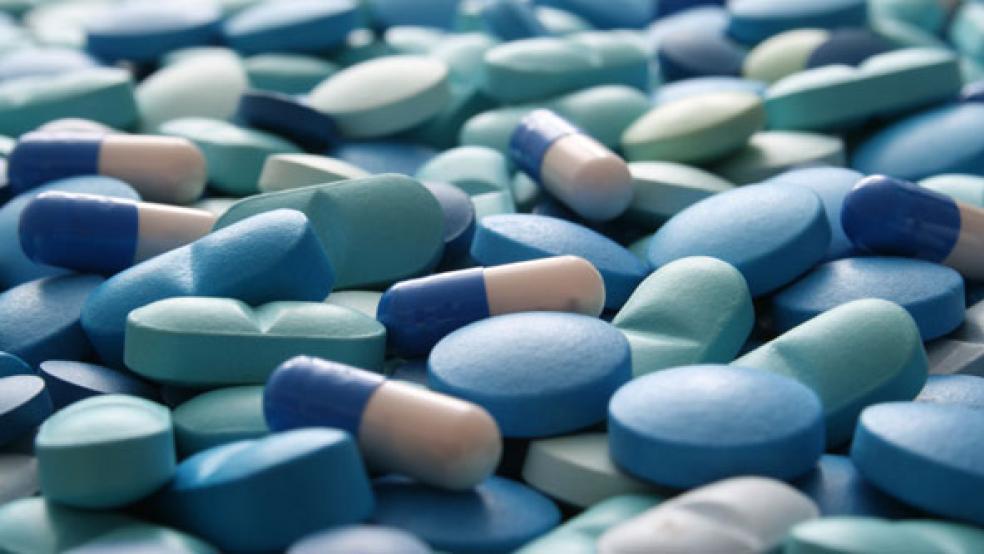The Food and Drug Administration is approving generic drugs for sale at a record pace as part of a strategy to reduce prices through increased competition for name-brand drugs. But a new analysis of the generic drug market by PricewaterhouseCoopers says the increase in generic drug approvals may not do much to lower drug prices.
Only a handful of the top-selling drugs will lose patent protection over the next few years, PwC says, limiting the impact of generic competition on the market as a whole. And generics don’t necessarily provide substantial savings, especially when a single firm is the sole manufacturer, as is the case with 71 percent of the more than 2,000 drugs analyzed by PwC, using data from Medicare Part D.
Another key factor preventing generics from reducing prices: pharmaceutical companies are increasingly focused on biologics, complex therapies that contain or are derived from living organisms and require novel delivery protocols. Biologics have revolutionized the treatment of many diseases, including rheumatoid arthritis, hepatitis and some cancers, but they are one of the main drivers of higher drug costs. Given their complexity, the drugs are not subject to generic competition in the same way that chemically synthesized drugs are. “Biosimilar” treatments are far more difficult to develop, face considerable legal uncertainty and have had trouble gaining acceptance among doctors. And the few that have made it to market offer relatively modest savings of 15 to 35 percent, compared to more than 50 percent for generics.




